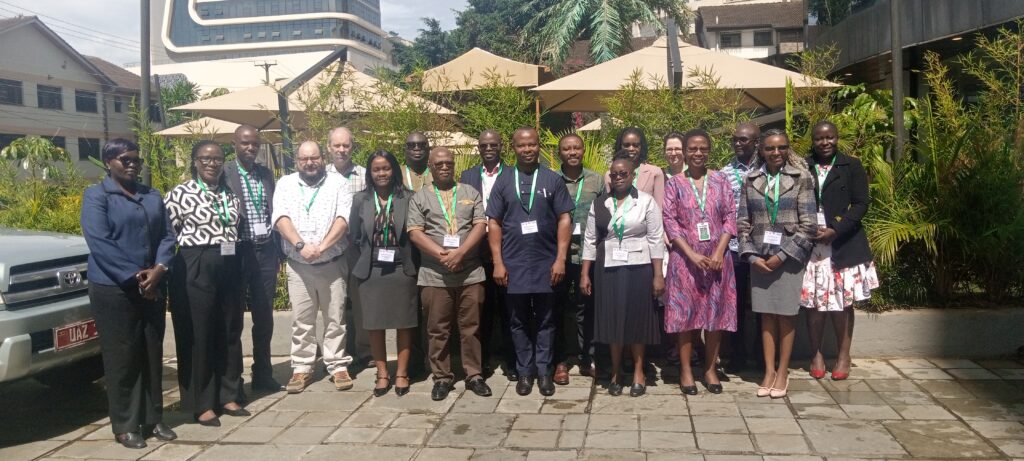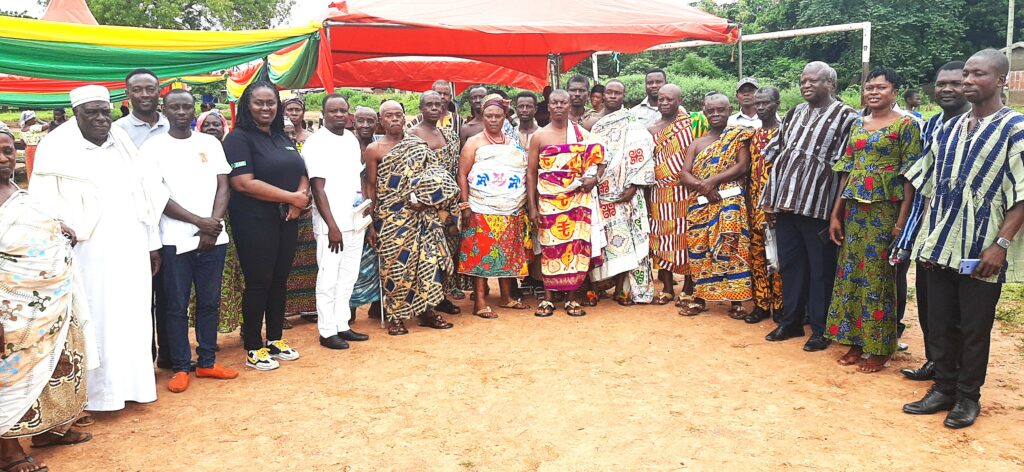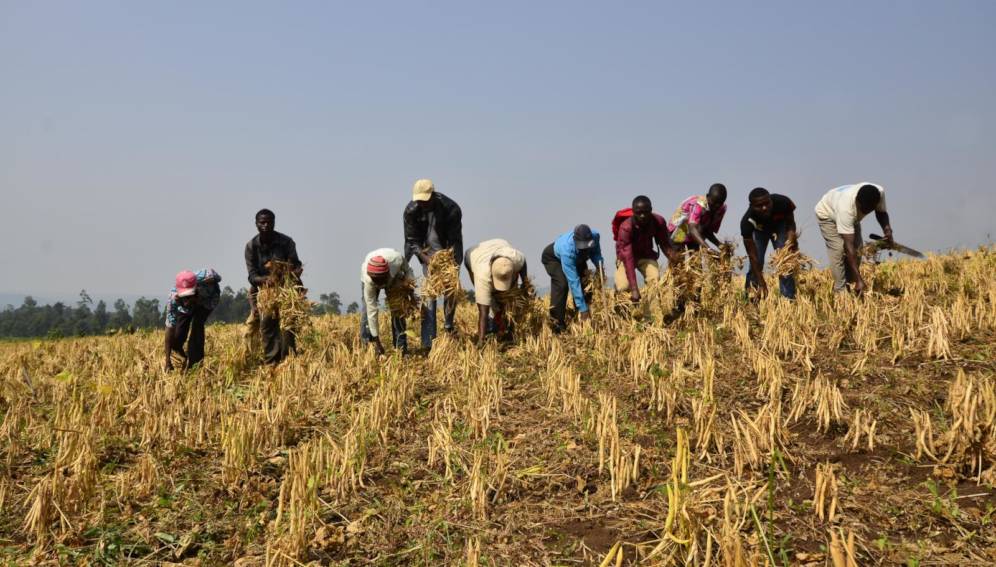How do pest risk registers address the spread of plant pests in Africa?
Pest risk registers can help to solve problems in agriculture, addressing the growing global threat of plant pests. Moreover, changing weather patterns, led by rising temperatures, are causing them to reproduce faster and expand into new regions. In addition, global trade and increased movement of people are accelerating the spread of pests across borders. These…
Soil-dwelling worms threatening farmers’ livelihoods
By Wilson Odhiambo. Originally published on SciDev.Net. As soil-dwelling worms threaten smallholders’ livelihoods, governments should act fast, writes Wilson Odhiambo. David Magondo, a father of three from Central Kenya, has been farming for over 35 years in an activity that has helped him feed and take care of his family. But the once dependable source…
Phone app set to transform how low-income farmers in Africa invest in fertilizer
An upgrade to a mobile phone app now offers farmers across Africa even more benefits and cutting-edge fertilizer use technology. This will help farmers to grow healthier, more productive with increasingly profitable crops, as a result of more informed use of how small amounts of fertilizer impact the crops which they grow.
Why African farmers should balance pesticides with other control methods
By Esther Ndumi Ngumbi. Reblogged from The Conversation. Insect pests cause almost half of the crop losses in Africa. If the continent is to feed its growing population, farmers must find ways to control them. Pests account for high losses in other developing regions too. For smallholder farmers in particular, pest management needs to be affordable, safe…
NextGen Cassava Improving Food Security in Sub-Saharan Africa
The Bill and Melinda Gates Foundation has paired with the UK Government to award the Next Generation (NextGen) Cassava Breeding Project $35 million with the aim of promoting the growth of cassava crops and to improve food security in Sub-Saharan Africa.
Fall armyworm could cost Africa $2bn+ in lost harvest
Last week, CABI confirmed that since it arrived in Africa in 2016, the Fall Armyworm (FAW) has been reported in 28 African countries, presenting a now permanent agricultural challenge for the continent. FAW mainly affects maize and can cut yields by up to 60%. In research funded by the UK’s Department for International Development (DFID), CABI…








